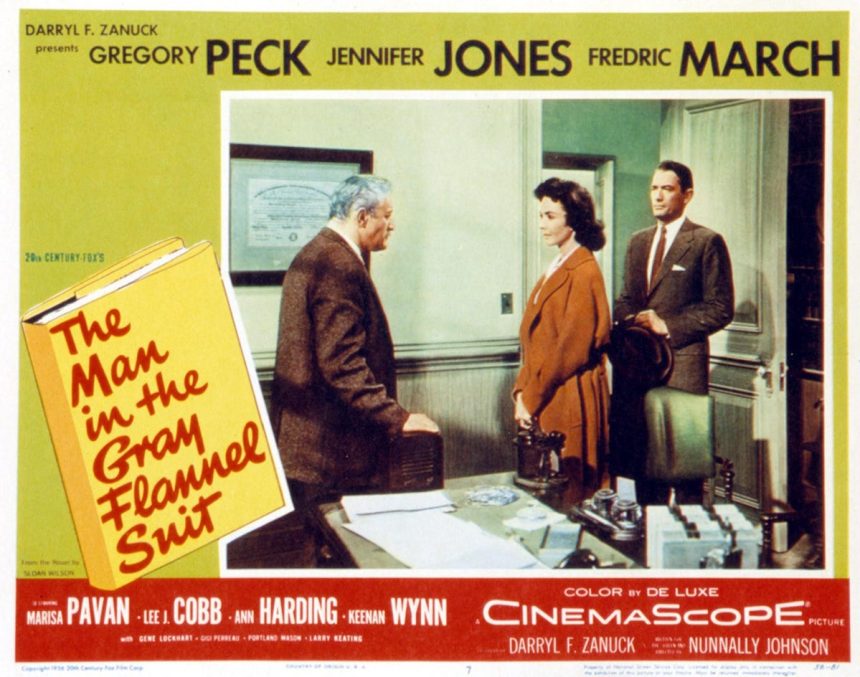I don’t know the writer Cathy Reisenwitz beyond casual interactions on Twitter and sometimes reading her Substack-based newsletter, Sex and the State. She’s intelligent but also thoughtful and deeply introspective, a combination that happens too rarely by itself. Add the path from growing up with a single parent on public assistance, an evangelical and conservative background, marriage and divorce, a move through political writing, libertarianism.
Then, at some point, apparent disillusionment that included writing for tech companies, followed by sex-work-enabled independence, and finally, for now, a move from San Francisco back to her beginnings in Alabama and a chosen low-income lifestyle.
No idea what you call the resulting mix, as if anyone can or should be summed by a brief label, but her work has steeped in the experiences and changes and is more interesting as a result.
In several recent pieces, Reisenwitz takes on, as a driver of various evils in society, the topic of precarity. The state of being “dependent on chance circumstances, unknown conditions, or uncertain developments,” according to Merriam-Webster.
It is easy to conflate the concepts of poverty and precarity. I’ve certainly done so until prodded by the important differences between them that Reisenwitz pointed out. A focus only on true poverty isn’t wrong, but when done by people of power and wealth it becomes part of a magician’s misdirection. Look over here and not there.
The “there” in this case is the vastly widespread condition of precarious existence. Someone working at insufficient pay can find life becoming a nightmare when they suddenly lose a job. The apartment or house, the car, clothes on the back, reasonable if not elite schooling for the kids, all can vanish in a cloud of charred pixie dust.
Even when a household has been solidly middle class, a countdown clock starts. Expenses go onto the credit cards, then cash out of savings to cover the cards and what they won’t pay for. Maybe money comes out of the retirement account, extras get cut, then more substantial reductions. Hopes are held out for one job or another, and for many people, before they know it, it’s been six months or a year since having a regular weekday morning destination.
Most households don’t go down the whole route, and even those who lost work might replace it, though possibly at lower pay. Such stories, though, become society’s Slavic Baba Yaga, flying about in an iron kettle, on the look for people to devour. This is why so many in society are afraid to look not just at poverty’s face—a homeless person begging, begging, for money—but at the neighbor who finds themselves out of work. It’s scary and uncomfortable when you no longer know what to say. As the old sardonic joke goes, a recession is when someone you know is out of work, while in a depression, you’re without a job.
In U.S. society, that fear, which is constantly stoked by the refusal to implement programs of real help, permeates everything like a sour incense. As Reisenwitz wrote, it is a policy choice. “Upward wealth transfers, poverty traps, police officers sucking low-income neighborhoods dry for minor traffic violations to raise revenues, these are policy choices that make poverty precarious in the US.” Private expensive healthcare, budget-crushing education, inadequate public transportation, all other examples.
Everyone eventually sits on edge, worried about slipping over the precipice. The response is to become overly focused on money as that becomes the only true goal. Forget about finding balance in your life or creating beauty or raising your kids or even pets as well as you can. This is social annihilation, where everyone is under threat and the only choice is to don the grey flannel suit, eliminate who you are, and step into your place in the machine.
Read the full article here


